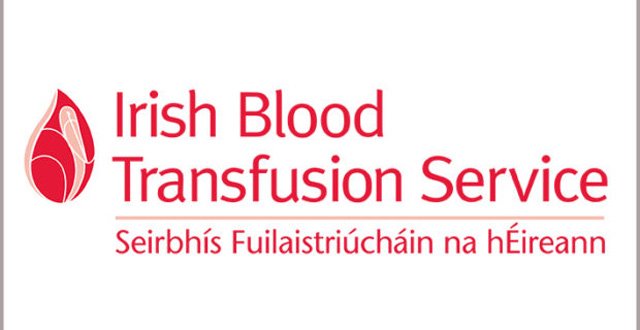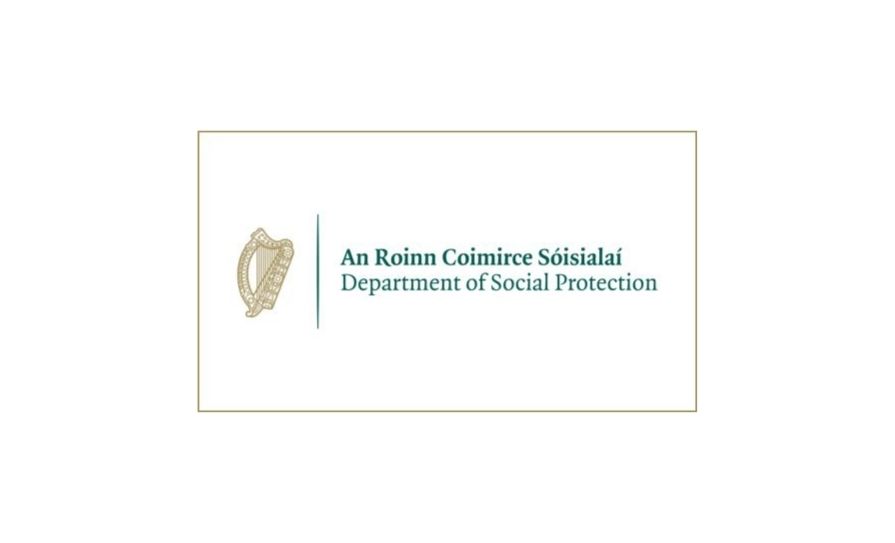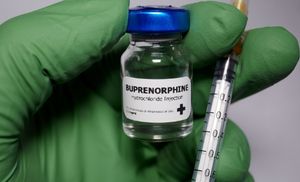The Irish Blood Transfusion Service (IBTS) has conducted a table-top simulated emergency exercise that involved loss of access to the National Blood Centre (NBC) due to an explosive device on the Luas.
The exercise ran for over three hours in the IBTS boardroom and involved key personnel assigned emergency management roles and responsibilities.
According to the CEO Mr Andrew Kelly’s report to the IBTS board in December, these types of exercises are most commonly used to “work through a new or significantly changed plan, or introduce the plan to people who have never used it before. Both the draft business continuity plan and new internal communications policy were tested.”
The scenario was that the Luas had stopped outside the NBC, which is located on the St James’s Hospital campus in Dublin 8. The tram was evacuated due to a suspect device with a cordon placed around an area including the NBC. “This scenario was chosen specifically to test the response to a complete loss of access to the NBC, including [blood] products.”
Among the actions conducted were communications with the public, hospitals, staff, donors, the IBTS chairperson, and Department of Health.
“We asked hospitals to cancel elective surgery and only order blood for emergencies,” according to the list of actions. “Also all orders had to be reviewed by the special medical officers. This was an effort to control the little blood supply that was available. There were 450 units in the country because the 2,000 units in the NBC could not be accessed.”
The IBTS invoked a contingency arrangement with NHS Blood and Transplant (NHSBT) to import blood and “put the necessary arrangements in place for a driver and fridge van to get the next ferry. We invoked the testing contingency with Scotland to guarantee that we could test the next day.”
After the device exploded in the simulated scenario, the platelet apheresis clinic was “going to be out of commission for up to 10 days. This required a change in the bag types so that we could make pooled platelets to make up for the lack of apheresis platelets.”
The report, obtained by the Medical Independent (MI) under Freedom of Information law, also noted that it was necessary to get structural engineers to check the building to ensure it was safe to become operational.
“We do these exercises once per year in the past few years,” an IBTS spokesperson told MI. “We were well prepared. There was some learning particularly around communication and re-routing of IT systems.”













Leave a Reply
You must be logged in to post a comment.